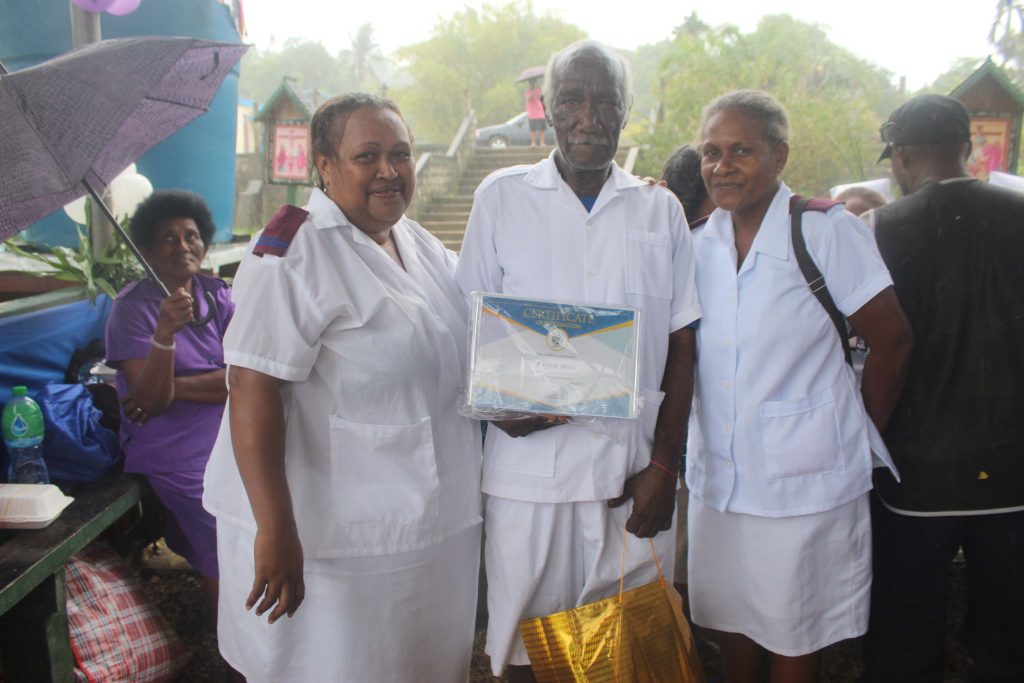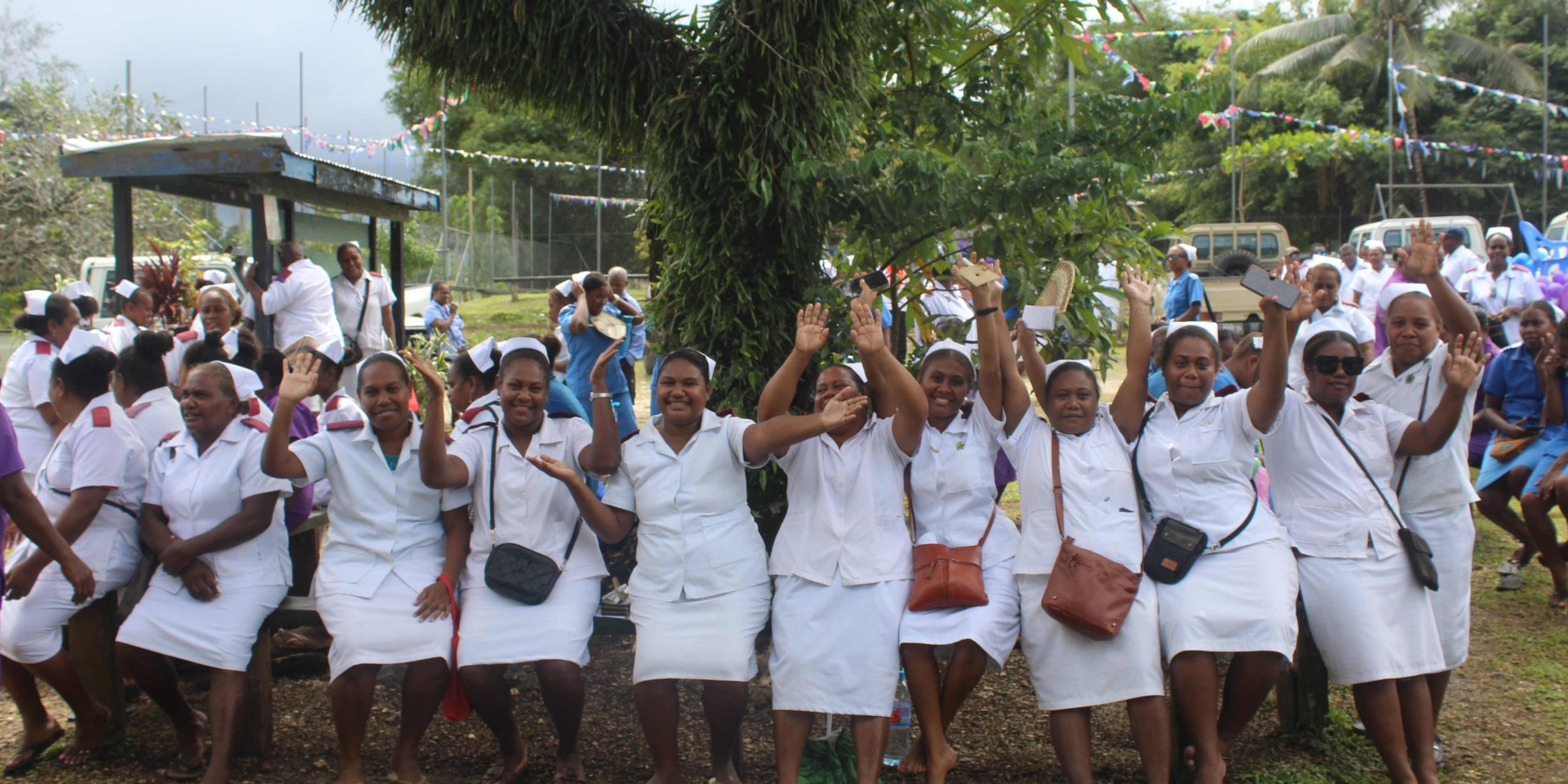Nurses from Malaita and Central Islands Provinces gathered in Auki on Monday to celebrate the annual International Nurses Day in a joint event described as a milestone for the health sector.
Its the first time nurses from both provinces came together to mark the occasion, which recognizes the vital role nurses play in healthcare.
The celebration also brought together church leaders, police officials, senior health workers, and community members.
Amongst the distinguished guests were Malaita Provincial Health Director David Danitofea and Central Province Health Director Loraine Satorara.
The theme of the celebration was; ‘Our Nurses. Our Future. Caring for Nurses Strengthens the Economy.’
The event was seen as an important opportunity for nurses from the two provinces to connect, share experiences, and reflect on the challenges and achievements they face in delivering healthcare services across the country.
Delivering the keynote address, Mrs Satorara spoke on the significance of the 2025 International Nurses Day theme.
She stressed that the theme serves as a powerful reminder that nurses are not just workers in the health-care system, they are its heart and soul.
“They are mothers, fathers, brothers, and sisters, people who have chosen a life of service and compassion,” she said.

Mrs. Satorara acknowledged the difficult conditions many nurses endure in the Solomon Islands, particularly those stationed in remote clinics.
“Many of our nurses work in areas without electricity, limited medical supplies, and inconsistent transport or communication,” she said.
“Despite these challenges, they continue. They walk long distances, cross rivers, climb mountains, and brave rough seas and harsh weather to ensure our people receive the care they need.”
She acknowledged nurses as the backbone of the health system and key to achieving the Ministry of Health and Medical Services’ vision of a healthy, happy, and productive Solomon Islands.
Mrs. Satorara also stressed the importance of advocating for nurses’ welfare.
“It is essential that we ensure fair workloads, access to professional development, and safe, supportive work environments for our nursing teams.
“This not only protects their wellbeing, but also strengthens the resilience of our entire health system,” she said.
She concluded by saying that when nurses are supported, maternal and child health outcomes improve, non-communicable and infectious diseases are better managed, communities become more informed about prevention, and overall health improves laying the foundation for productivity, quality education, and economic growth.
By SOLOMON LOFANA
Solomon Star, Auki









